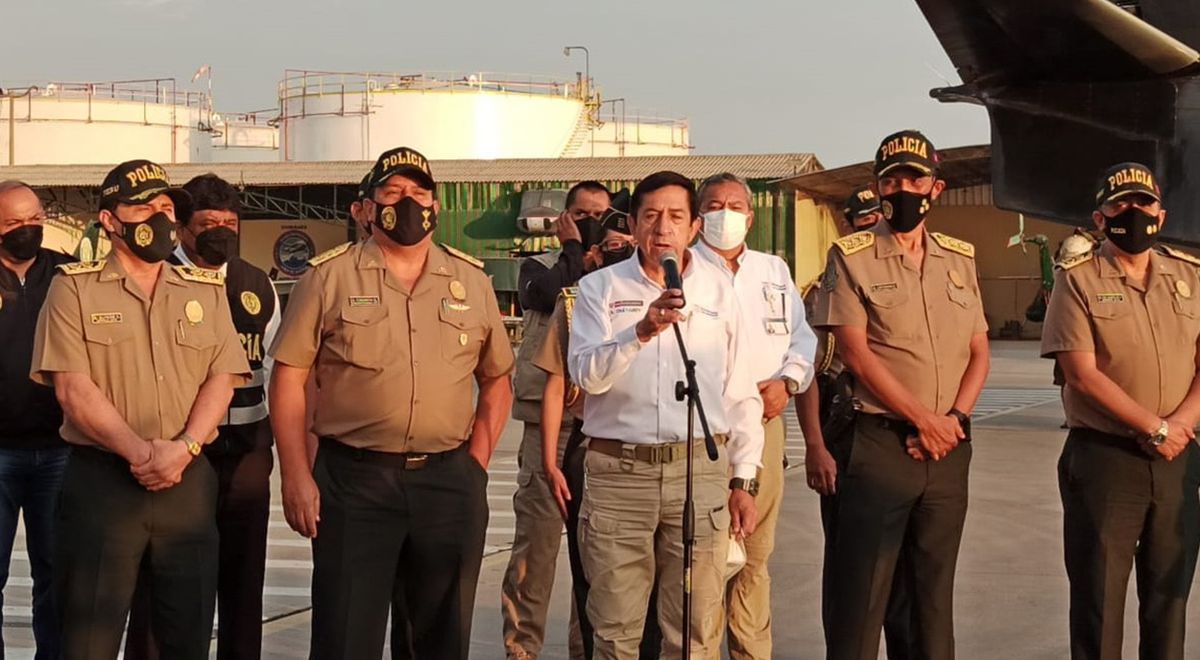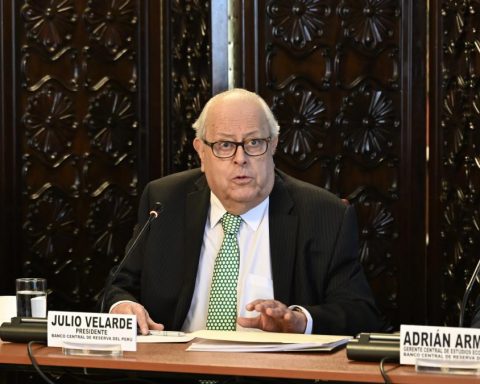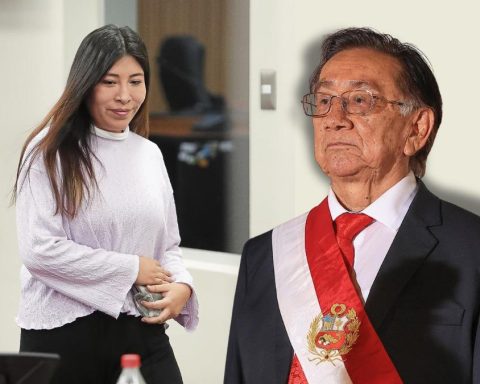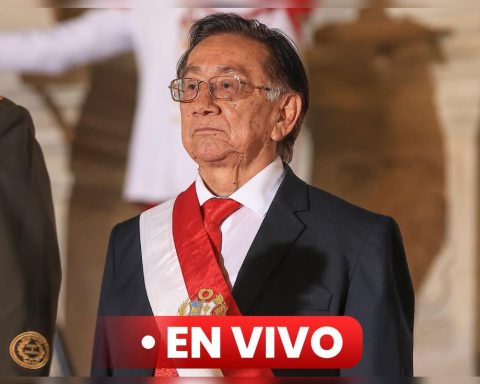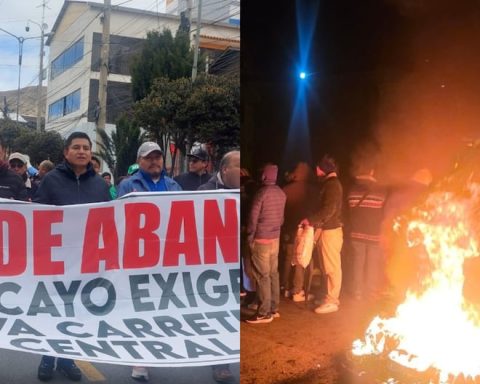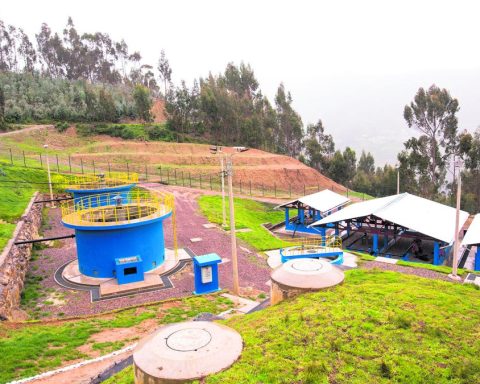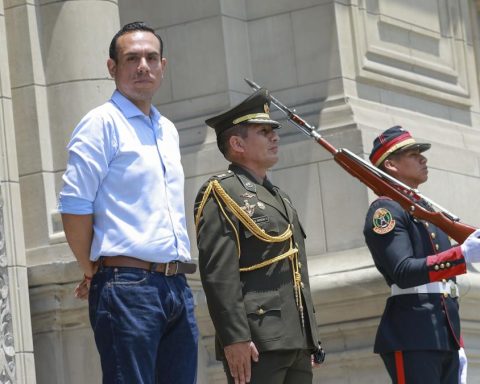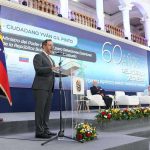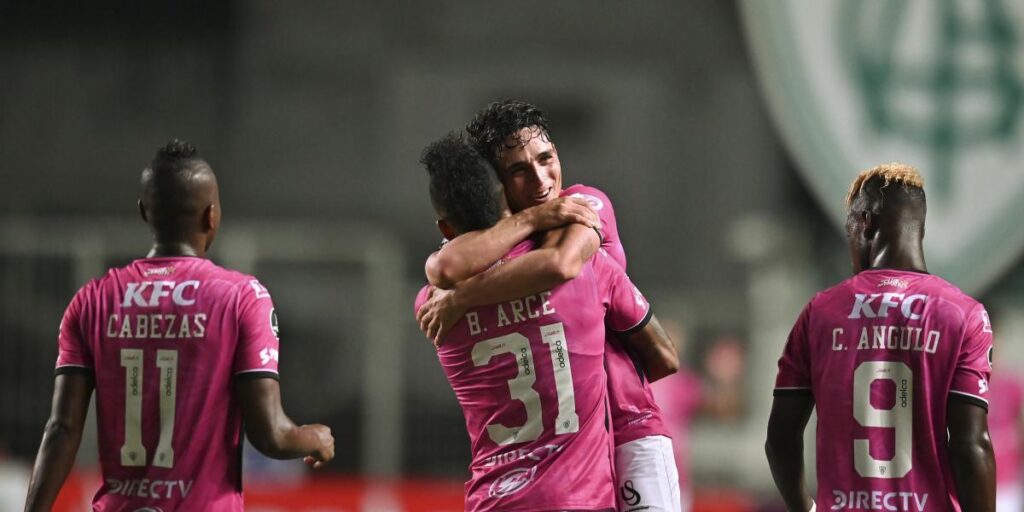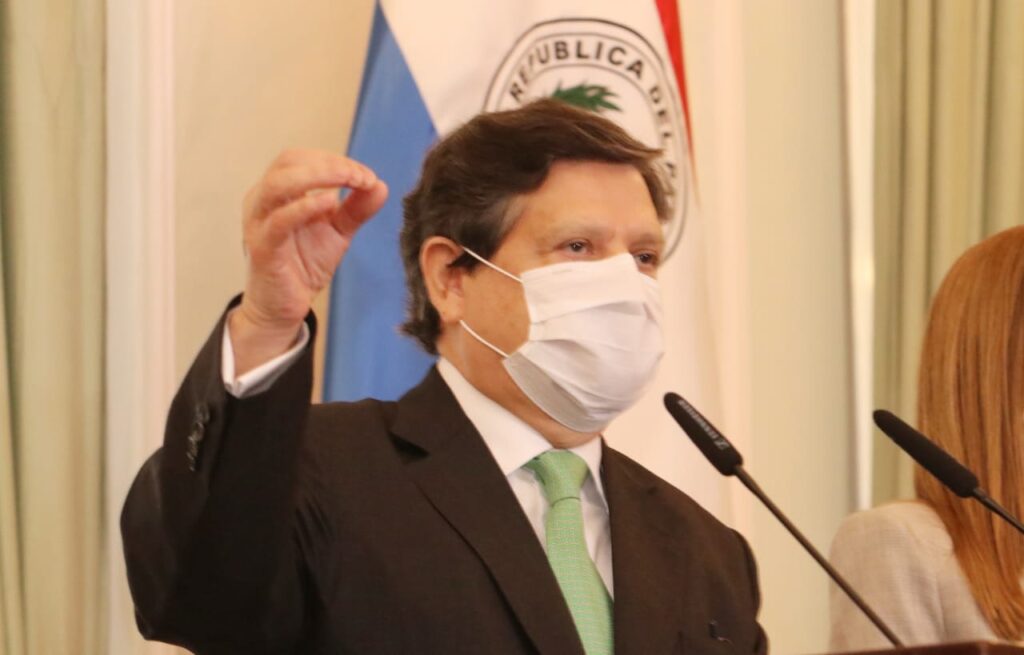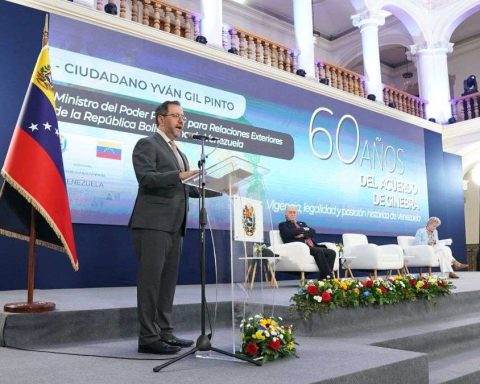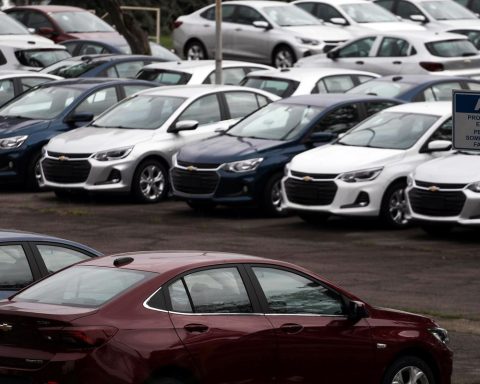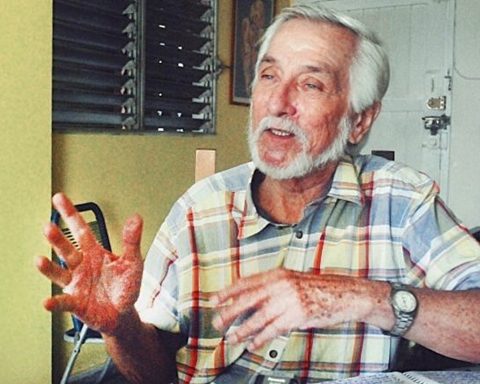Through a statement released by their networks, the National Police of Peru (PNP) pointed out that it was not the institution that urged the Executive to decree the compulsory social immobilization imposed on Metropolitan Lima and Callaowhich generated a climate of widespread protest and civil disobedience among the residents of the capital.
According to the announcement given by the police authorities, they they only recommended evaluating “the relevance or not of the possibility of having” the extraordinary measure, which would take effect between 2:00 am and 11:59 pm on April 5.
YOU CAN SEE: Alejandro Salas: “President Castillo is in no way going to resign”
Given what happened, the police institution argued the reasons behind the suggestion to the Executive. Among other factors taken into consideration there was the increase in violence in the demonstrations of the transport unions as of April 4, date on which other groups in the same sector were incorporated.
This situation, added to the escalation of actions of public disorder such as looting, looting and acts of vandalism After a week of protests, they generated concern among the authorities, who began to evaluate measures to contain the social outbreak.
YOU CAN SEE: Congressman from Avanza País asks for the resignation of President Pedro Castillo
Along these lines, it was indicated that the Council of Ministers made the decision to meet on Monday “taking note of information from the National Intelligence Directorate (DINI), that on April 5 the situation of violence in Lima and Callao would become more acute and aggravated.” In response to this hypothetical scenario, the Minister of the Interior, Alfonso Chavarryrequired the technical opinion of the Police “on the possibility of declaring mandatory social immobilization in Metropolitan Lima and Callao.”
In relation to the request of the police high command, report No. 062-2022 of the General Command of the Police is presented, sent to the Executive through another official letter. In this file, the institution only indicates that it is left to the discretion of the first power of the State the power to decree the measure that would be executed on the last Tuesday, that is, the Police did not request or openly indicate that the curfew should be given imperatively.
YOU CAN SEE: Sutep will take to the streets on Thursday, April 7 in the face of a “social crisis” in the country
As can be read in the statement, the entity emphasized that the documents presented by them before the first power of the State have had a binding nature and rule out having expressly requested the imposition of the curfew, therefore, in this sense, the responsibility to decree this order falls on the Executive.
So too, the National Police of Peru (PNP) expressed his desire for a prompt resolution of the social conflict that has arisen, in order to safeguard the life and integrity of the population and to restore the state of public order and respect for the principle of authority.
Report from the National Police on the possibility of decreeing compulsory social immobilization on April 5. Photo: The Republic
Report from the National Police on the possibility of decreeing compulsory social immobilization on April 5. Photo: The Republic
Report from the National Police on the possibility of decreeing compulsory social immobilization on April 5. Photo: The Republic
